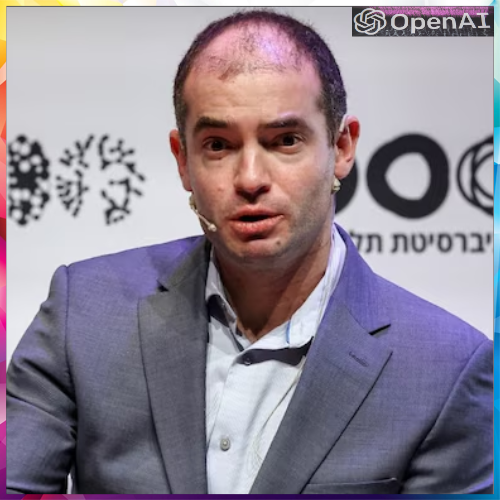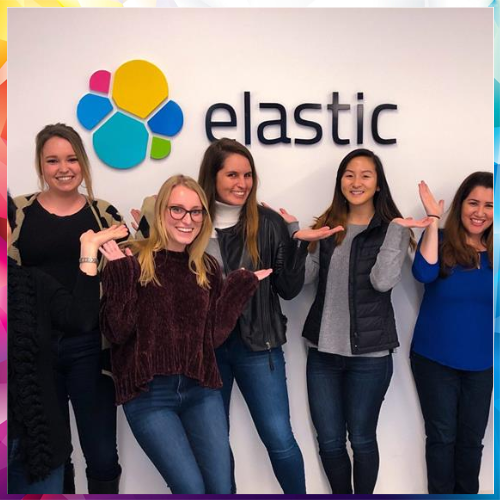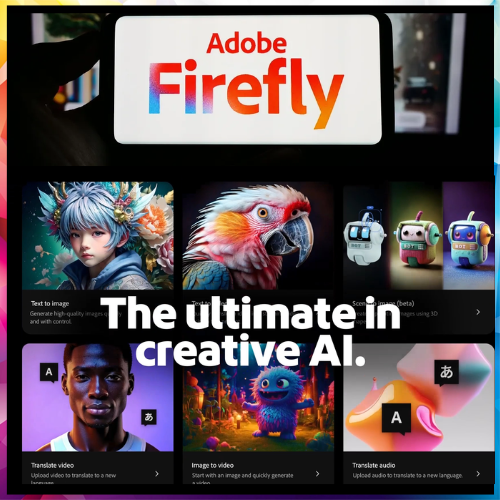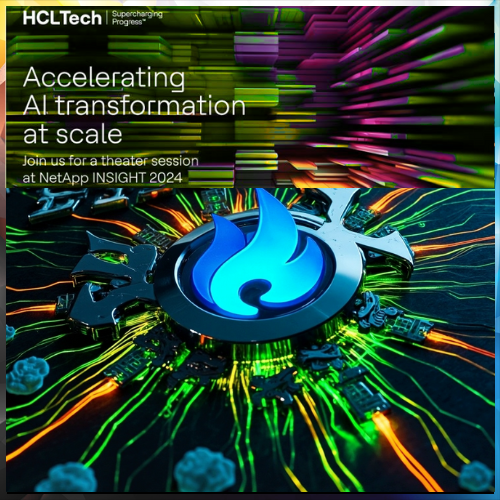
Describing AI as promising yet incomplete, Ilya Sutskever told graduates that machines will eventually match human capabilities, citing the brain as a biological computer and asserting digital systems will inevitably achieve the same cognitive functions in time
OpenAI co-founder and former chief scientist Ilya Sutskever has expressed strong convictions about the transformative potential of artificial intelligence, predicting a future where machines will match—and potentially surpass—human capabilities in all domains. Speaking at the University of Toronto’s convocation ceremony, where he received an honorary doctorate, Sutskever delivered a thought-provoking address on the direction AI is taking and the seismic shifts it could unleash on society.
Reflecting on AI’s evolution, Sutskever described its current state as both promising and incomplete. “Today’s AI is evocative,” he noted, pointing out that while machines now outperform humans in some tasks, they still lag in others. However, he believes this imbalance is temporary. “The day will come when AI will do all the things that we can do,” he told the graduating class.
Drawing a simple yet powerful analogy, Sutskever explained his confidence: “The brain is a biological computer—so why can’t a digital computer, a digital brain, do the same things?” According to him, this logic underpins the belief that AI will eventually replicate human cognitive functions fully.
Countdown to the AI future
Sutskever’s forecast for when AI reaches superintelligence—defined as AI that far exceeds human capabilities—is relatively near-term. “Three, five, maybe ten years,” he estimated, suggesting this leap is not a distant possibility but an imminent reality. He warned that such an advancement would trigger radical changes, including rapid scientific progress, accelerated economic growth, and widespread automation.
“What will humans do when machines can do it all?” he asked rhetorically, highlighting the deep existential and societal questions posed by AI’s growth. Yet, he insisted, resistance is futile. “Whether you like it or not, your life is going to be affected by AI to a great extent.”
Alongside this forward-looking narrative, Sutskever offered personal reflections and guidance to the graduates. Urging them not to dwell on past failures or misfortunes, he advised focusing on forward movement: “Things are the way they are. What’s the next best step?”
From controversy to cautionary vision
His words carried added resonance given his own tumultuous recent history. In 2023, Sutskever played a controversial role in the temporary removal of OpenAI CEO Sam Altman, only to later express public regret and support Altman’s return. He eventually left the company to establish a new lab aimed at developing "safe superintelligence."
Closing his speech, Sutskever underscored the uniqueness of the current era, declaring: “We all live in the most unusual time ever—and this time, it’s actually true, because of AI.” With AI already reshaping education and daily life, he urged the graduates to prepare for a rapidly evolving world where adaptation and awareness will be essential.
See What’s Next in Tech With the Fast Forward Newsletter
Tweets From @varindiamag
Nothing to see here - yet
When they Tweet, their Tweets will show up here.




























